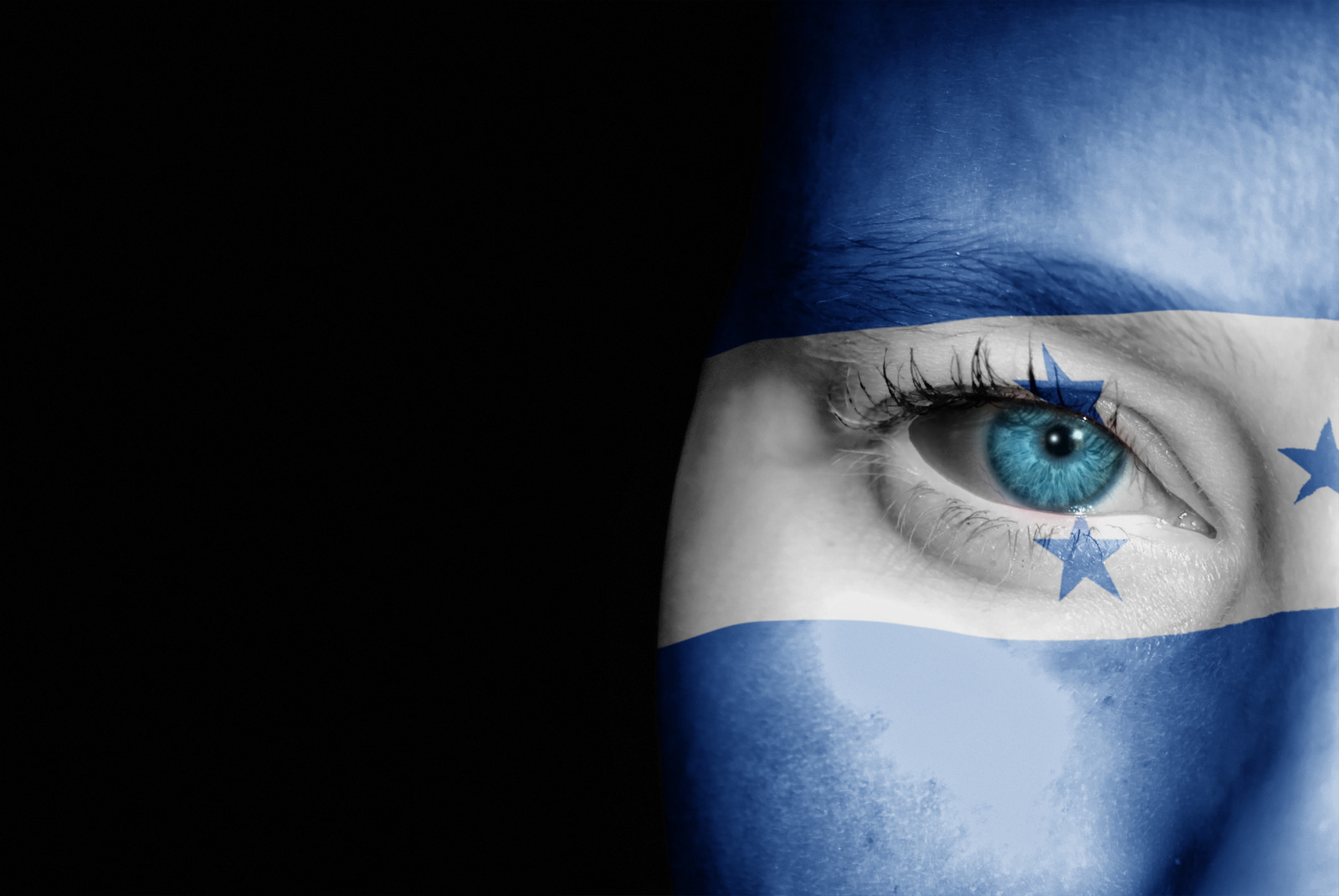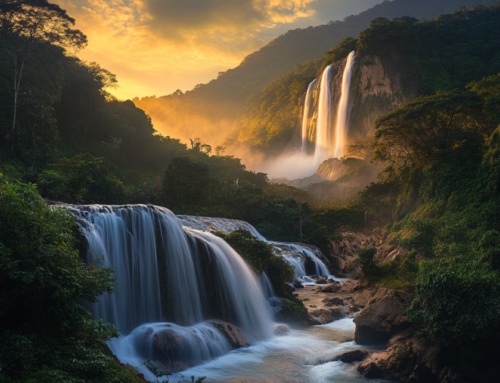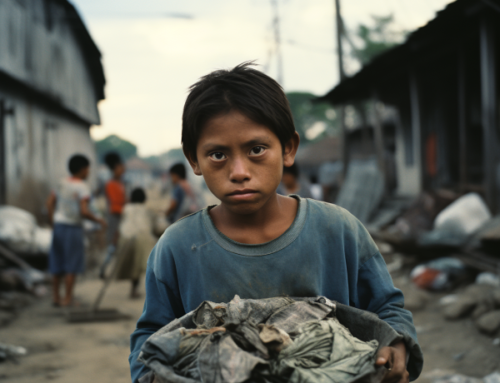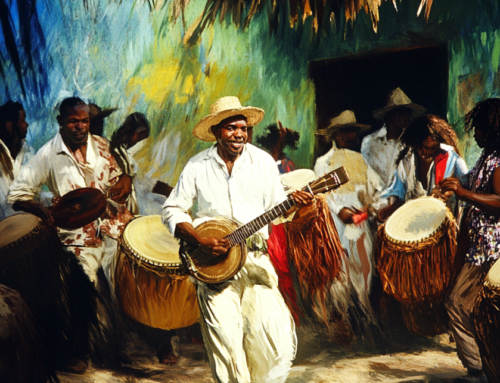Honduras is a country located in Central America. The name “Honduras” means “depths” in Spanish. Honduras is bordered by Guatemala, El Salvador, and Nicaragua. The country’s mainland is about the size of Tennessee.
The first people to live in Honduras were the Maya. The Maya civilization built cities and developed an advanced civilization. They had their own language and writing system. The Maya were conquered by the Spanish in the 1500s.
After the Spanish conquest, Honduras became a colony of Spain. It remained a colony for centuries. Honduras gained its independence from Spain in 1821.
Since gaining its independence, Honduras has faced many challenges. A civil war broke out in the country in the 1960s. The war lasted for more than a decade and left the country economically and politically unstable.
In the 1980s, Honduras was used as a launching pad for the United States’ military campaign against the leftist government of Nicaragua. This involvement in the Nicaraguan conflict further destabilized Honduras.
Since the 1990s, Honduras has been working to recover from its turbulent past. The country has made progress in reducing poverty and improving economic growth. However, it faces challenges such as high crime rates and gang violence.
History of Honduras
The history of Honduras can be traced back to the pre-Columbian era, when the region was populated by various indigenous peoples. The first European explorers arrived in the 16th century, and Honduras became a Spanish colony.
After independence from Spain in 1821, Honduras became part of the Mexican Empire and then the Central American Federation. It became an independent republic in 1865.
Honduras has been plagued by political instability and violence throughout its history. A civil war in the 1980s left thousands dead and led to the formation of paramilitary groups such as the Honduran Army Corps (COH).
Since the 1990s, Honduras has been working to improve its human rights record and boost economic growth. Despite these efforts, the country remains one of the poorest in Latin America and has one of the highest murder rates in the world.
In recent years, Honduras has been affected by gang violence and drug trafficking. This has led to a rise in crime and violence, as well as an increase in the number of people fleeing the country.
Politics in Honduras
Honduras is a republic with a presidential system of government. The former president is Juan Orlando Hernández, who was elected in 2013 and is now facing drug trafficking charges in New York state.
The Constitution of Honduras guarantees separation of powers between the executive, legislative and judicial branches of government. Executive power is exercised by the President and his Cabinet, while legislative power is vested in the National Congress. The judiciary is independent and includes a Supreme Court, lower courts and a Constitutional Court.
Political parties in Honduras include the National Party (Partido Nacional de Honduras, or PNH), the Liberal Party (Partido Liberal de Honduras, or PLH) and the Innovative Party (Partido Innovación y Unidad, or PINU).
Honduras is a member of the United Nations, the Organization of American States, the Central American Integration System and the Association of Caribbean States.
Economy of Honduras
The economy of Honduras is based on agriculture, manufacturing and tourism. Agricultural products include coffee, bananas, cattle, shrimp and tobacco. Manufacturing industries produce textiles, chemicals, wood products and cigars. Tourism is also an important source of income for the country.
The Honduran currency is the lempira (HNL). The exchange rate was around 21 HNL to 1 US dollar in 2016.
The Honduran government has been working to attract foreign investment and create jobs through economic reforms. These reforms include measures to improve tax collection, reduce the deficit and streamline government bureaucracy.
Honduras is one of the poorest countries in Latin America, with a per capita income of just $2,390 in 2016. Nearly 60% of the population lives below the poverty line. Poverty is especially widespread in rural areas, where nearly 70% of people live below the poverty line.
People and Culture of Honduras
The population of Honduras is around 8.3 million (2016). The capital city is Tegucigalpa and the official language is Spanish. Roman Catholicism is the predominant religion, although there is a growing evangelical Protestant community.
Mestizos make up around 90% of the population, while indigenous peoples make up about 7%. Europeans and Africans make up the remaining 3%.
The culture of Honduras is a mix of indigenous, European and African influences. Folk traditions include music, dance and art. Cuisine is also influenced by these cultures, with dishes such as baleadas (tortillas filled with beans and cheese) and carne asada (grilled beef).
Honduras is also home to a number of important archaeological sites, including the Maya ruins of Copan and the colonial city of Gracias.
Geography of Honduras
Honduras is located in Central America, bordering the Caribbean Sea to the north and the Pacific Ocean to the south. It is bordered by Guatemala to the west, El Salvador to the southwest and Nicaragua to the southeast.
The country has a diverse landscape, with mountains, valleys, tropical forests and beaches. The Bay Islands off the coast of Honduras are popular tourist destinations.
The climate of Honduras is tropical, with average temperatures ranging from 25-27°C (77-81°F). There are two main seasons: a wet season from May to October and a dry season from November to April. Hurricane season runs from June to November.
How to Help the People of Honduras
Because of the high rate of poverty and crime in the country, the people of Honduras could use the help of altruistic folks from other lands. Mike Savage of New Canaan, CT has created a relief foundation that accepts goods to ship to families in need of relief. Wanted items include bedding, clothes, school supplies and toys for the kids.
If you live near the hometown of Mike Savage New Canaan and would like to help in their Honduran efforts please reach out. To donate children’s clothes, children’s books or toys please send Mike Savage’s wife, Sandra an email at [email protected] to arrange for drop off or pick up.
About Michael Savage, New Canaan resident
Mike Savage is the CEO and sole shareholder of 1-800 Accountant, a virtual accounting firm that is redefining small business accounting services through innovative technology. Mike is responsible for detailing the company’s vision and strategy.
After graduating from Brigham Young University’s School of Accountancy, Michael Savage started his career with PricewaterhouseCoopers, where he served as a consultant working on high profile investigation cases for the PWC’s fraud division. He consulted on financial statement and earnings restatements for Fortune 50 companies.
Savage recognized that small businesses could also benefit from the same big four level of service. With this concept, 1-800 Accountant was born. His focus on eliminating bookkeeping and tax preparation anxiety for small business owners has positioned him as a leader in the industry. His company is one of the largest small business accounting firms in the nation, boasting over 200,000 businesses as clients.
In his free time, Savage enjoy a variety of interesting hobbies including Koi pond building and a love of American muscle cars. Mike Savage lives in New Canaan, Connecticut.




